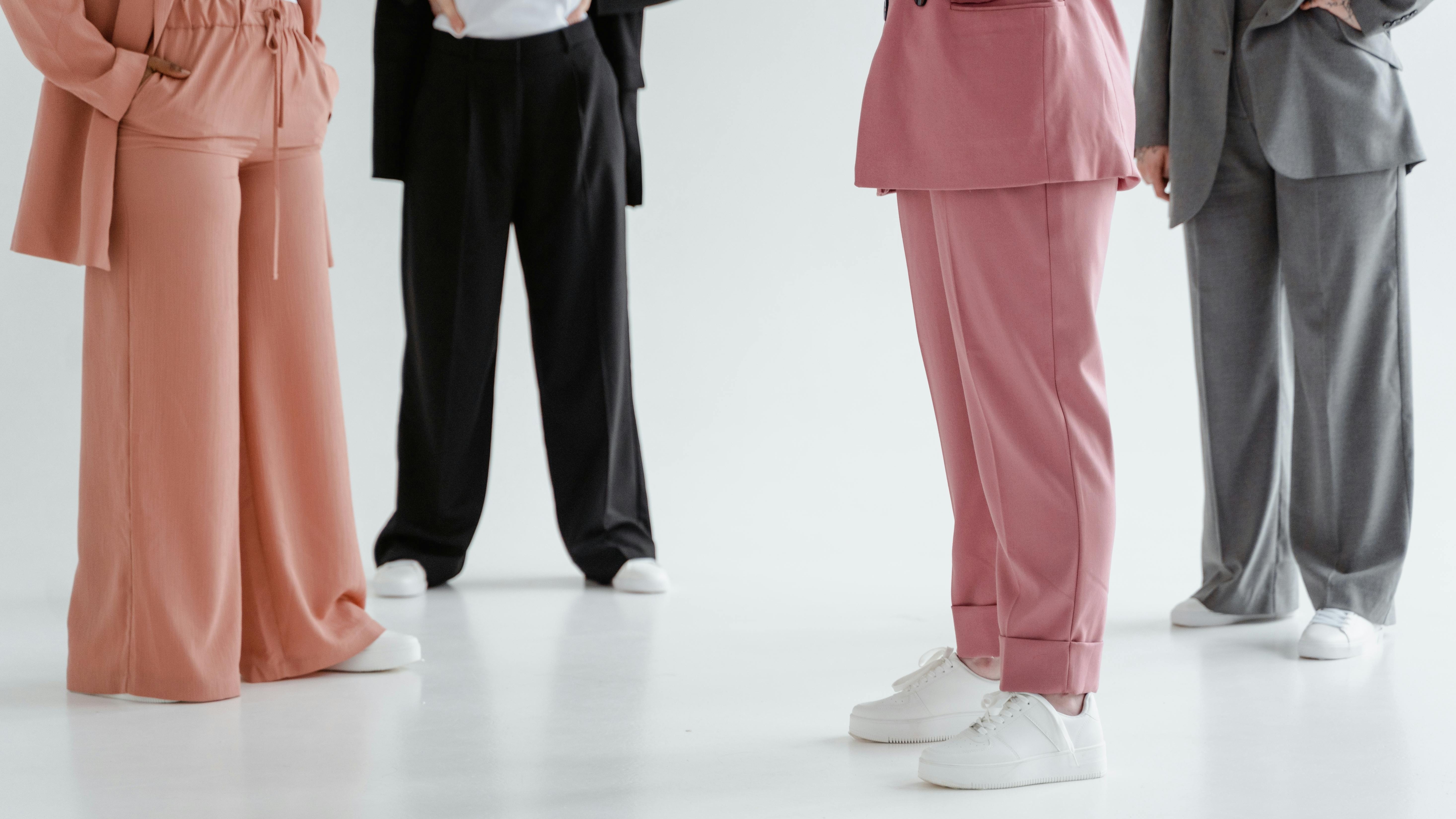
Building an Inclusive Dress Code for Today's Workplace
As the modern workplace evolves, dress codes are increasingly becoming contentious. The traditional notions of professional attire have been challenged by newer generations demanding more freedom in expression. In this landscape, HR leaders must pave the way for policies that not only reflect organizational culture but also respect employee individuality.
Understanding Generational Clashes in Professionalism
With multiple generations collaborating under one roof, organizations face unique challenges in defining a dress code. The 'crop-top-wearing elephant in the room' is not just about fashion choices but about cultural acceptance within workplaces. Experts urge that methods used to enforce these policies should focus on inclusivity rather than perpetuating generational biases.
Adapting Dress Codes: Lessons from Industry Changes
Reflecting on how companies like Goldman Sachs and Starbucks handled dress code adjustments provides valuable insights for HR practitioners. Goldman Sachs' revision of its dress code in 2019 signified a shift towards a more relaxed professional atmosphere. Meanwhile, Starbucks faced backlash after its updated dress code prompted discussions of brand identity versus employee satisfaction. These instances showcase the potential consequences of poorly communicated policies.
Creating a Forward-Thinking Dress Code
The key to an effective dress code lies in clear communication starting from the hiring process. Charlie O’Brien, Head of People at Breathe HR, emphasizes that setting expectations early fosters a professional culture while embracing employee creativity—and this is essential for talent management and high-performance culture.
Why Policies Matter: The Broader Implications
Smart policies on dress codes can enhance employee engagement and contribute to organizational health. With thoughtfully crafted guidelines, organizations can ensure employee retention and optimize workforce strategy. Dress codes should cater to creating an environment where everyone feels valued and can contribute to overarching business objectives without compromising personal expression.
Concluding Thoughts: An Invitation to Innovate
As workplaces continue to redefine professionalism, HR leaders are encouraged to craft dress codes that resonate with today's workforce. This initiative not only signals respect but also lays the foundation for a people-first leadership model that drives organizational success.
 Add Row
Add Row  Add
Add 




 Add Row
Add Row  Add
Add 

Write A Comment